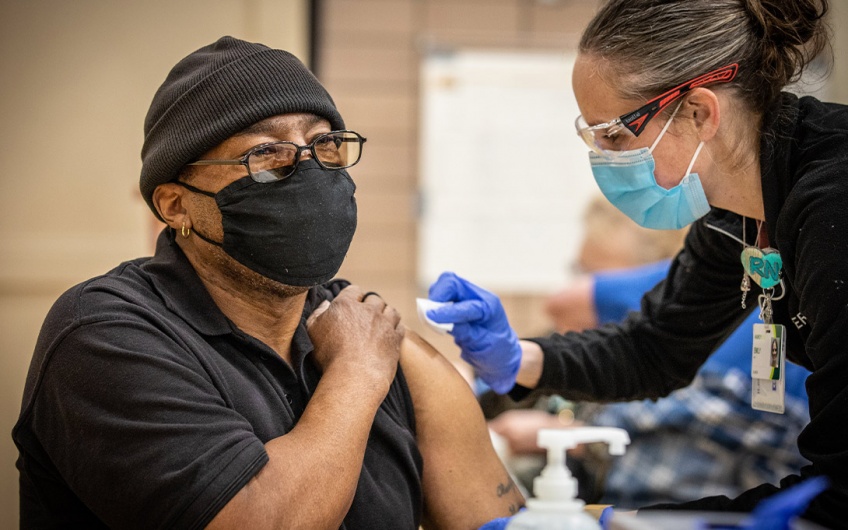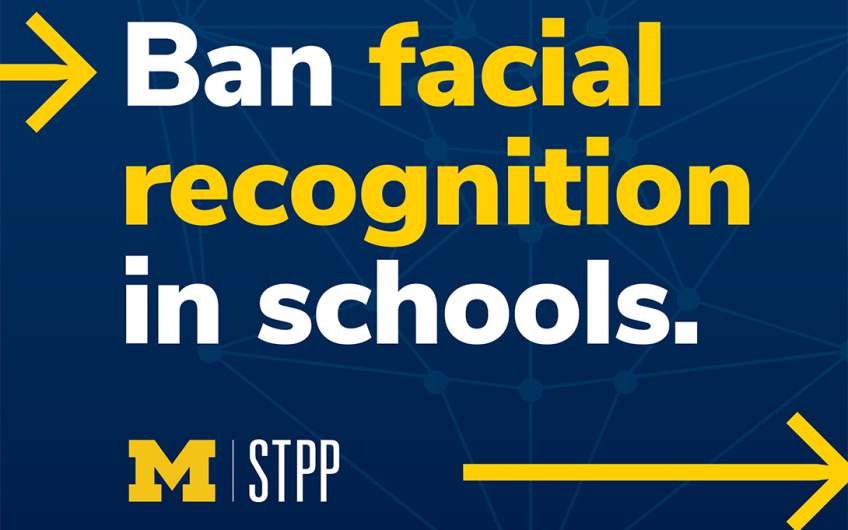Technology Assessment Project
A research-intensive think tank
STPP's Technology Assessment Project (TAP) research anticipates the implications of emerging technologies and uses these insights to develop better technology policies.
At its root, vaccine hesitancy is a problem of public mistrust in institutions."
Shobita Parthasarathy on WXYZ Detroit
We use an analogical case study approach to analyze the social, economic, ethical, equity, and political dimensions of emerging technologies, such as facial recognition, autonomous vehicles, CRISPR therapy in humans, generative AI, and advanced nuclear reactors. Our distinctive evaluation approach can be applied to technologies in a range of areas.
If you have ideas/suggestions for emerging technologies that you would like TAP to tackle, please email us at [email protected].
LATEST RESEARCH: STPP recently received a grant from the Graham Sustainability Institute’s Carbon Neutrality Acceleration Program (CNAP) for the project, "Looking to the Past to Encourage Responsible Governance, Public Acceptance of Nuclear Energy," which will explore governance frameworks that could help advanced nuclear energy to ameliorate — rather than exacerbate — social inequities and environmental injustices. Read more below.
Cameras in the Classroom: Facial Recognition Technology in Schools
TAP reports in the media
Large language models
- How language-generation AIs could transform science, nature
- U-M Study: New language-learning algorithms risk reinforcing inequalities, social fragmentation
Vaccine hesitancy
- Vaccine hesitancy, rooted in institutional mistrust, could stand in way of COVID-19 herd immunity
- U-M study: Vaccine hesitancy could stand in way of COVID-19 herd immunity
- State vaccine rates fall along red, blue divide
- As Michigan claws its way towards 70% vaccinated, we asked every state lawmaker where they stand
- Breaking down public trust
Facial recognition
It's a trojan horse.
Shobita Parthasarathy on facial recognition technology in schools, WIRED Magazine
- Facing Biometrics in Schools
- Fixing FERPA to Protect Marginalized Students
- Beverly Hills is always watching you
- Those Facebook selfies you’re posting could end up in a police database
- Police use of facial recognition technology soars in Minnesota
- Schools Adopt Face Recognition in the Name of Fighting Covid
- Does Michigan Proposal 2 Go Far Enough To Protect Your Digital Data?
- Predicting Technology Futures by Examining Our Past, by Hannah Rosenfeld, The Commons
- Facial recognition cameras in schools erode privacy and normalize surveillance by Jurgita Lapienytė, Cybernews
- U-M study finds facial recognition technology in schools presents many problems, recommends ban
- Knox Schools Contract Provides Little Protection Over Student Data in Some Virtual Classrooms
- Why Biden nominee Miguel Cardona should make sure facial recognition stays out of schools
- Millions of Faces Scanned Without Approval. We Need Rules for Facial Recognition
- Millions of faces scanned without approval. We need rules for facial recognition, Los Angeles Times
- New York State to Suspend Facial Recognition in Schools, Privacy Hub
- Schools face mounting pressure to drop e-proctoring software, Business Insider
- How police monitor social media to find crime and track suspects, MLive







